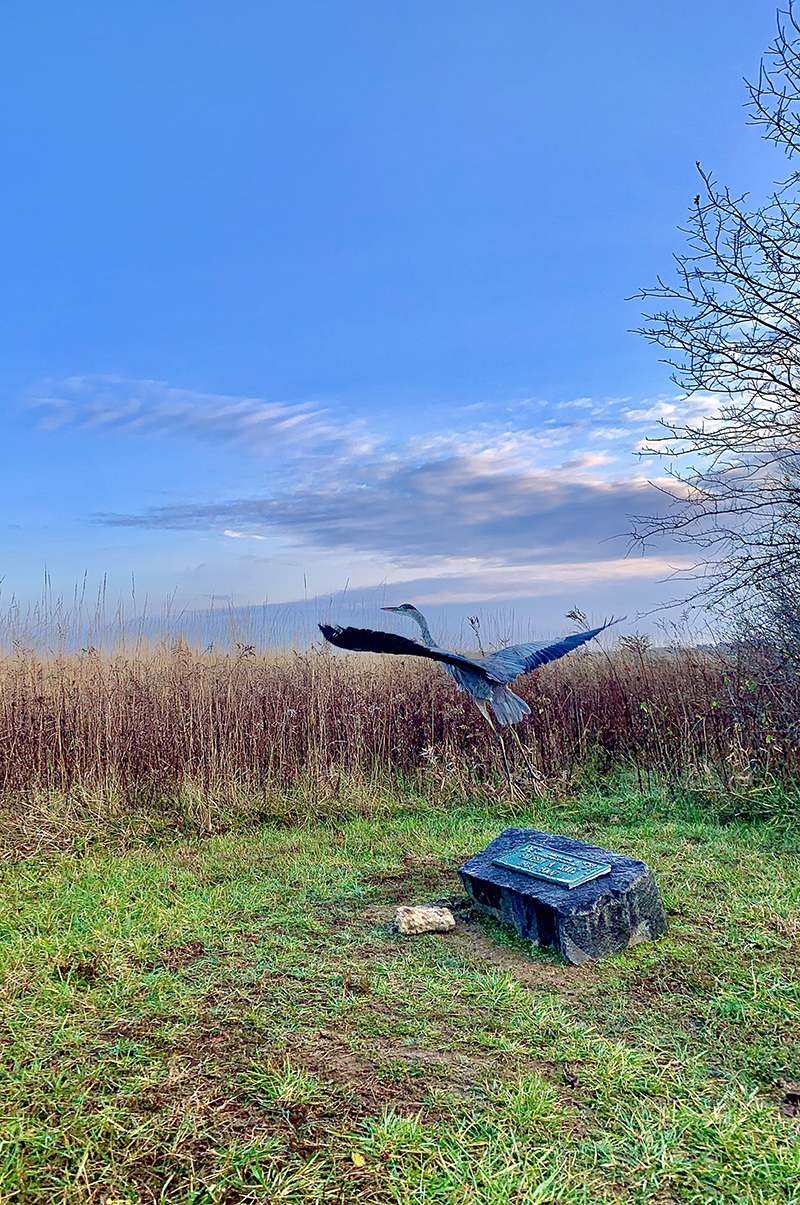
Princeton women’s lacrosse players Grace Tauckus, Taylor DeGroff, Sam Fish, Ellie Mueller, Meg Curran, and Mary Murphy explore the Grand Canyon.
Princeton University Student-Athletes Benefit from Pods During COVID
By Justin Feil | Photos Courtesy of Princeton University Athletics
Bridget Murphy expected to be a passenger when her mother picked her up from the airport in November, but mistakenly climbed into the car on the driver’s side.
“I got in thinking it was the other side of the car and I just started laughing,” recalls Murphy. “I said, ‘This is going to take some getting used to.'”
The Summit, New Jersey, resident had just returned from Canterbury, England, a town with roughly twice the population of Trenton that attracts thousands of visitors annually to its medieval culture, lively nightlife, and renowned shopping and dining. Murphy lived, studied, and trained in Canterbury with the four other freshmen on the Princeton University field hockey team while they began college remotely during the fall semester. Murphy was nervous to live with people she didn’t know well, but the group clicked instantly upon arrival in August.
“We weren’t forced to do anything together, but we loved doing everything together,” says Murphy. “We spent a lot of time together because we wanted to and because we’re such a close-knit group. This trip really bonded us as a class.”
Murphy reunited with her classmates on campus this spring semester along with most of the enrolled Princeton University students for a more traditional college setting, but over the fall they were not alone in forming their own de facto pod. Princeton University sent all students home in March of 2020, at the start of the COVID-19 pandemic. When the school announced that students would not return to campus during the fall 2020 semester due to continued precautions, and the Ivy League canceled all fall and winter sports, groups of Princeton student-athletes buoyed their physical and mental health by living, training, and spending time together throughout the country as well as abroad.
“From being on a huge team that’s been really close, and then not being together all of a sudden for multiple months, I know some guys were struggling at home – whether from a loneliness standpoint or academic standpoint or baseball and taking care of their work for baseball – so to be together was huge,” says Sy Snedeker, a senior baseball player who lived with four teammates in Myrtle Beach, South Carolina.
Student-athletes from across a range of Princeton sports originally tried to organize getting larger groups together in one place. “It sounded a little too good to be true because it was,” says Taylor Beckett, one of Snedeker’s Myrtle Beach housemates. “It’s tough to get dozens to all agree on one place and all move in one direction.” more






















